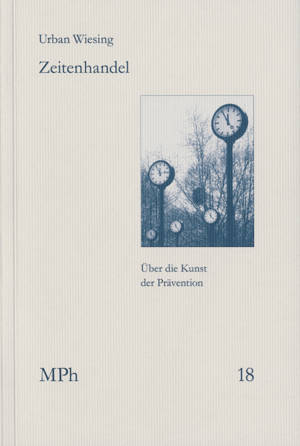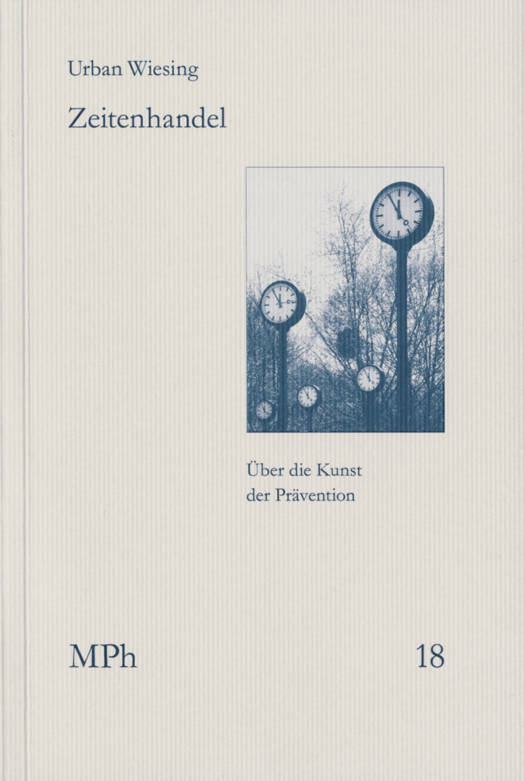
Je cadeautjes zeker op tijd in huis hebben voor de feestdagen? Kom langs in onze winkels en vind het perfecte geschenk!
- Afhalen na 1 uur in een winkel met voorraad
- Gratis thuislevering in België vanaf € 30
- Ruim aanbod met 7 miljoen producten
Je cadeautjes zeker op tijd in huis hebben voor de feestdagen? Kom langs in onze winkels en vind het perfecte geschenk!
- Afhalen na 1 uur in een winkel met voorraad
- Gratis thuislevering in België vanaf € 30
- Ruim aanbod met 7 miljoen producten
Zoeken
Omschrijving
Prevention has a fabulous reputation. It is virtually always considered to be good! But a closer look reveals a differentiated picture: Individual behavioral prevention means shaping the present in order to gain advantages in the future. It is a time trade. This can succeed or fail, influences the experience of time and can lead to paradoxical results. And the ethical question remains: Is there a moral duty for individual behavioral prevention? Most likely not, but a preventive way of life can contribute to a successful life. So is prevention always good? In his book, Urban Wiesing shows from the perspective of philosophy and medicine that the matter is more complicated: Prevention often contributes to a successful life, but other lifestyles can also be convincing and succeed.
Specificaties
Betrokkenen
- Auteur(s):
- Uitgeverij:
Inhoud
- Aantal bladzijden:
- 124
- Taal:
- Duits
- Reeks:
- Reeksnummer:
- nr. 18
Eigenschappen
- Productcode (EAN):
- 9783772829666
- Verschijningsdatum:
- 6/12/2023
- Uitvoering:
- Paperback
- Afmetingen:
- 203 mm x 10 mm
- Gewicht:
- 199 g

Alleen bij Standaard Boekhandel
+ 51 punten op je klantenkaart van Standaard Boekhandel
Beoordelingen
We publiceren alleen reviews die voldoen aan de voorwaarden voor reviews. Bekijk onze voorwaarden voor reviews.









